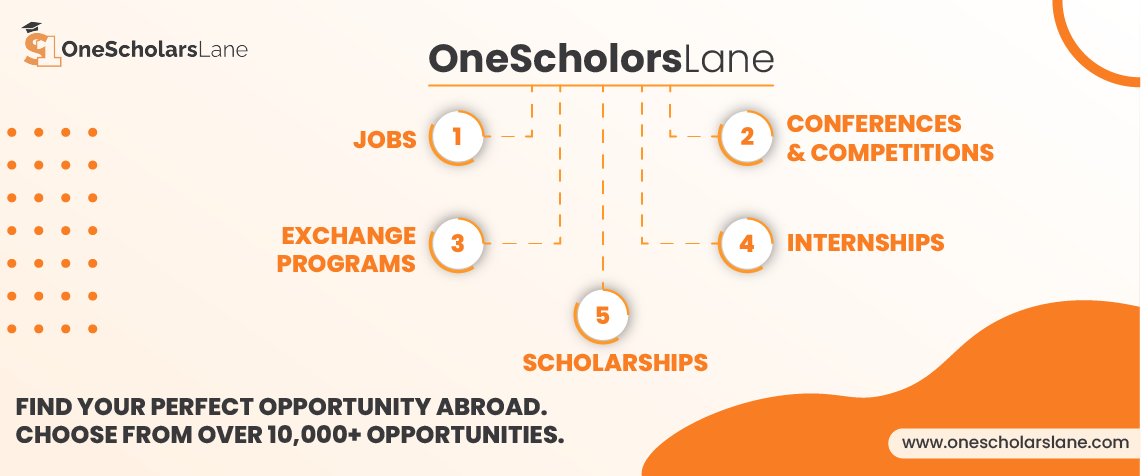
A special and exciting programme to develop a new generation of investigative reporters, a partnership between Wits Journalism, Rhodes School of Journalism and Media Studies and the Open Society Foundation.
Several Open Society Fellowships in Investigative Reporting are available each year for 2019, 2020 and 2021. Each fellowship will last for 18 months, consisting of 12 months’ study, 6 months’ internship and attendance at two international investigative journalism conferences (one in South African and one in the USA/Europe).
Fellows can study either the Wits University BA Hons in Journalism and Media Studies or the MA in Journalism and Media Studies, depending on their previous qualifications and experienced.
Candidates for the BA Hons must have a minimum of two years of journalism or relevant experience and be eligible for Wits Journalism’s mid-career Honours programme: you must either have an undergraduate degree with 65% or better, or pass through an RPL entrance test.
Candidates for the MA must have at least two year of journalism or relevant experience and be eligible for Wits Journalism’s MA programme: an equivalent of our BA Hons with 65% or better.
This is an affirmative action programme and black and female candidates will be favoured. For 2021, there are seven positions, of which one is reserved for candidates from other sub-saharan African countries (travel permitting).
For the BA Hons in Journalism and Media Studies with a specialisation in Investigative Journalism, the programme will be made up of four courses and a research report:
– Journalism Studies
– Investigative Journalism A
– Data Journalism
– and and a choice of one of Video Journalism, Online Journalism, or Photojournalism
For the MA, the programme consist of three courses and a research report
– Media and Society
– Investigative Journalism
– Data Journalism
Research report: Based at Rhodes University for a semester, the fellows will do a major investigative project, under individual mentorship, along with a self-critical essay and two articles for publication.
The additional elements will be:
–The Global Investigative Journalism Conference, in Sydney, Australia, between November 3 and 7, 2021
– The African Investigative Journalism Conference held every Oct at Wits
For the equivalent of the Research Report, the fellows will be based at Rhodes University for three months, where they will do a major investigation into a social or service delivery issue, under mentorship.
After completion of their programme, the fellows will be placed in internships with investigative teams for six months. We have partnerships with amaBhungane, Daily Maverick, and News24 for this purpose. Students will be expected to work on investigative teams, and produce a portfolio of work at the end of the period.
The Fellowship pays all study and travel costs, as well as a stipend for the 18 months.
Applicants must fill out the form here and submit it, with a full CV, examples of work and two recommendations, by August 31